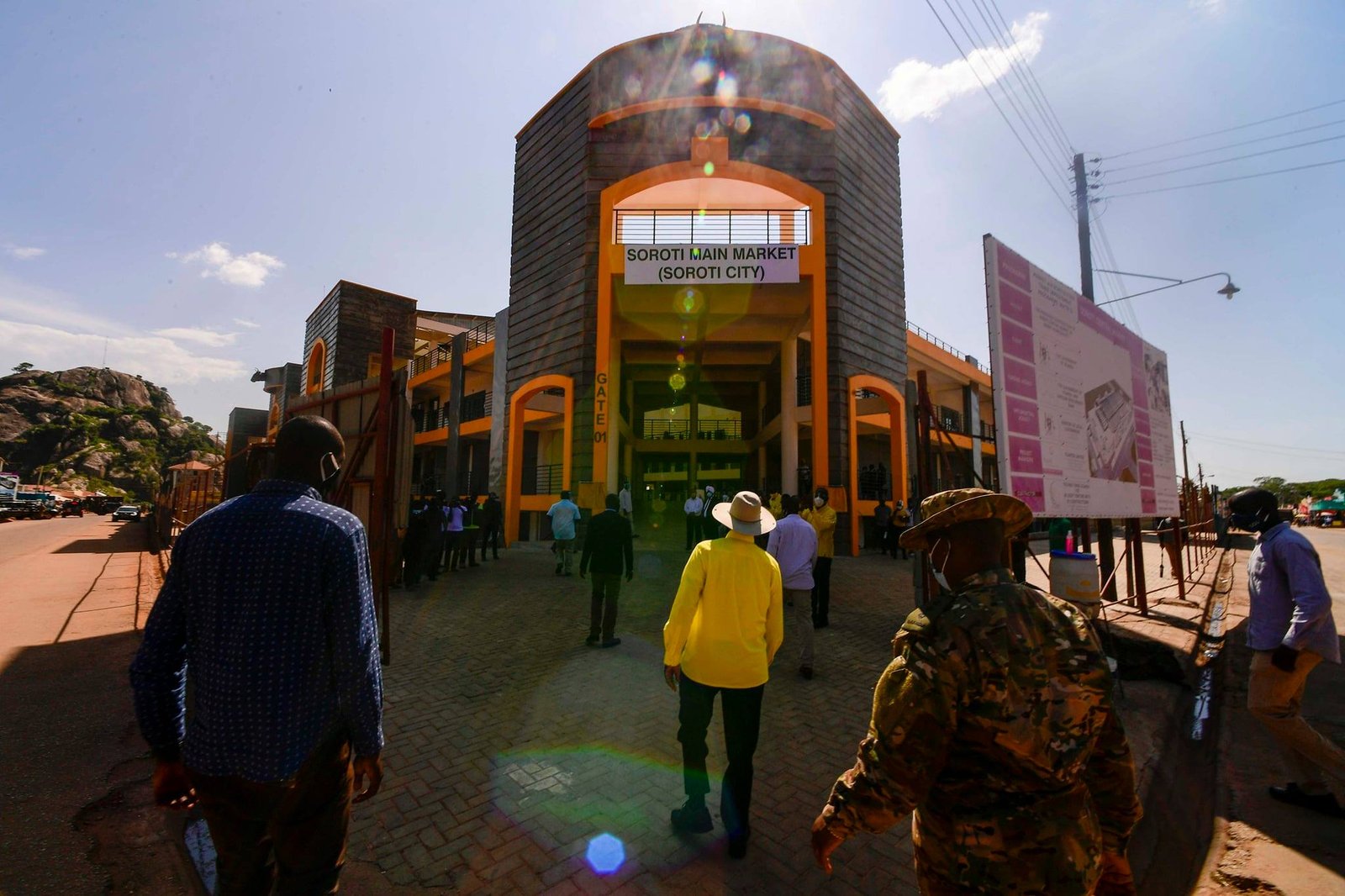First Deputy Prime Minister and Minister for East Africa Affairs, Rebecca Kadaga, has tabled before Parliament a document asking Uganda to implement Swahili as the second official language in the country.
Kadaga said that the focus will be on the Cabinet, Parliament of Uganda, and the media fraternity as the official pioneers.
She said her Ministry is engaging the Ministry of Gender, Labour and Social Development to establish the National Kiswahili Council in Uganda.
According to Kadaga, the council will champion Kiswahili development initiatives at national level.
“I wish to inform you that they have prepared a cabinet paper on this matter and it guided that an organizational structure of the National Kiswahili Council and its attendant cost implications be developed for consideration by the cabinet before its approval,” said Kadaga.
The council is expected to focus on Kiswahili research, journal and manual publications, complement efforts to translate key EAC policy documents and execute out-reach activities to promote Kiswahili.
“There is a need to enhance the ability to communicate in Kiswahili by business persons engaging in cross-border trade, hence enhancing intra-regional trade and facilitating implementation of the Common Market Protocol,” Kadaga said.
Among recommendations by the EAC minister was for the government to supply sensitisation material and make media broadcasts in Kiswahili as well as support professional translators to translate government documents.
Kadaga also recommended support for adult literacy teaching programmes for Kiswahili, establishment of Kiswahili focal persons in district and the encouragement of use of Kiswahili in offices.
“My ministry is engaging Kiswahili trainers to train cabinet and permanent secretaries,” she said.
“We coordinated development of a Kiswahili Training Manual for the Parliament of Uganda which was approved by the 16th Sectoral Council of Ministers responsible for Education and forwarded to the Clerk to Parliament for implementation,” Kadaga added.
Kadaga told the House that the East African Kiswahili Commission prioritised the Parliament of Uganda as a key entry point for Kiswahili to be taken up as an official language in the country.
She said this was attributed to the representative, legislative, budgetary and oversight functions of Parliament that are critical to the promotion and development of Kiswahili language in Uganda.
“The use of Kiswahili by Parliament would inspire other institutions of government as well as state and non-state actors on promoting the use of Kiswahili in both official and non-official domains,” Kadaga noted.
She also said that the EAC ministry is coordinating a programme to establish East African Community clubs in secondary schools that will promote the use of Kiswahili among students.
In August 2016, the East African Legislative Assembly passed a resolution urging the 21st EAC Heads of State Summit to consider amendment of Article 137(2) of the Treaty, to consider Kiswahili as the second official language of the Community.
Consequently, the 21st Summit of the EAC Heads of State held on 27 February 2021 declared that Kiswahili be adopted as an official language of the Community.















